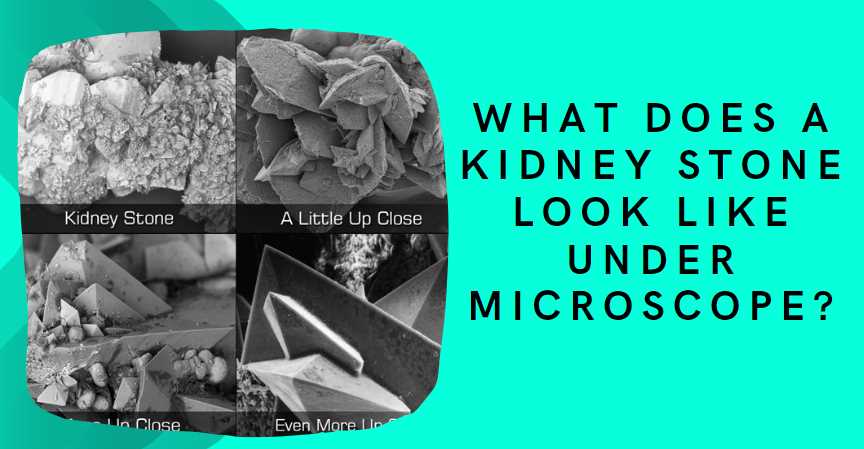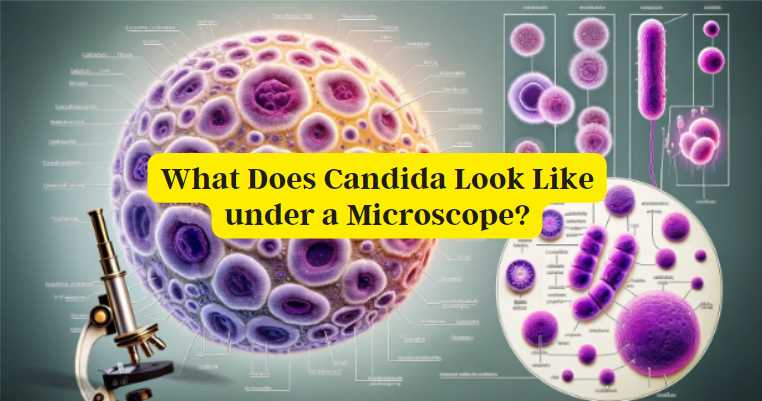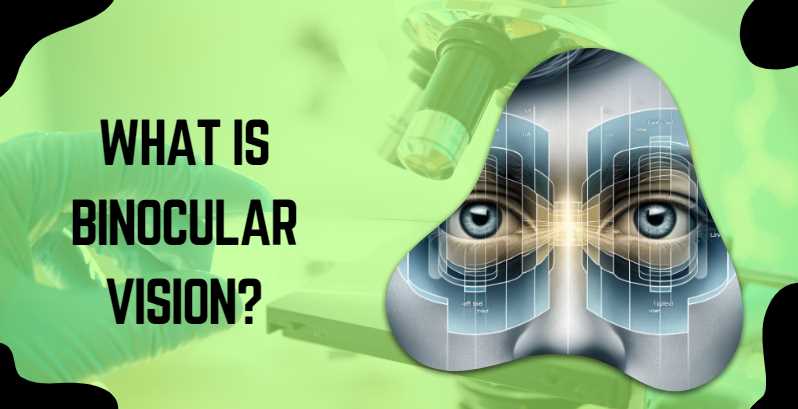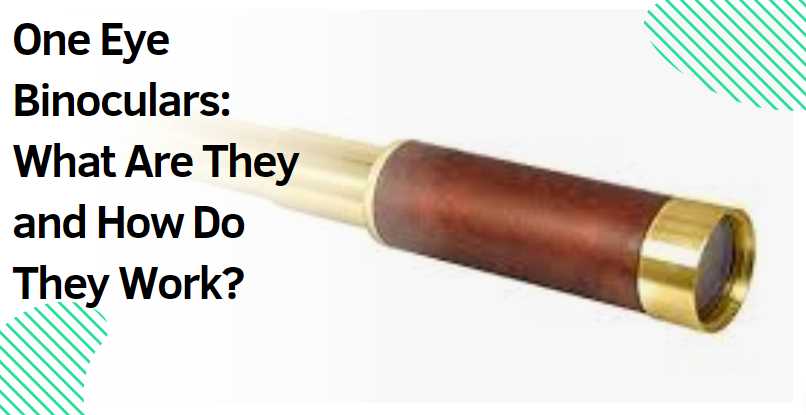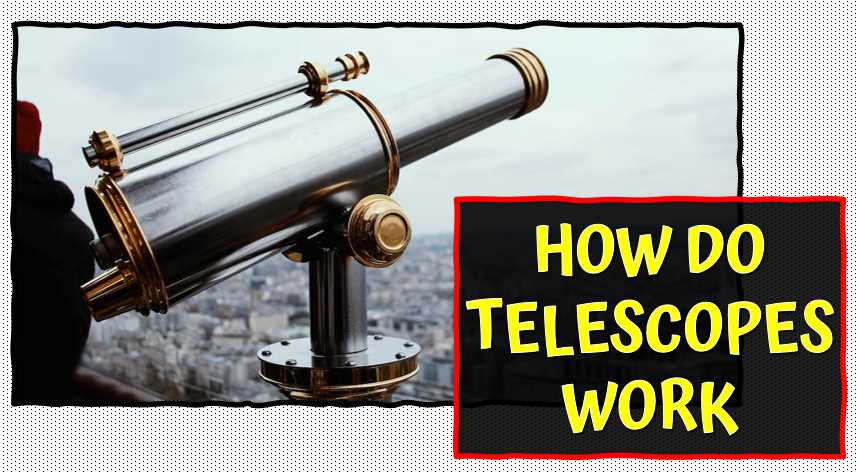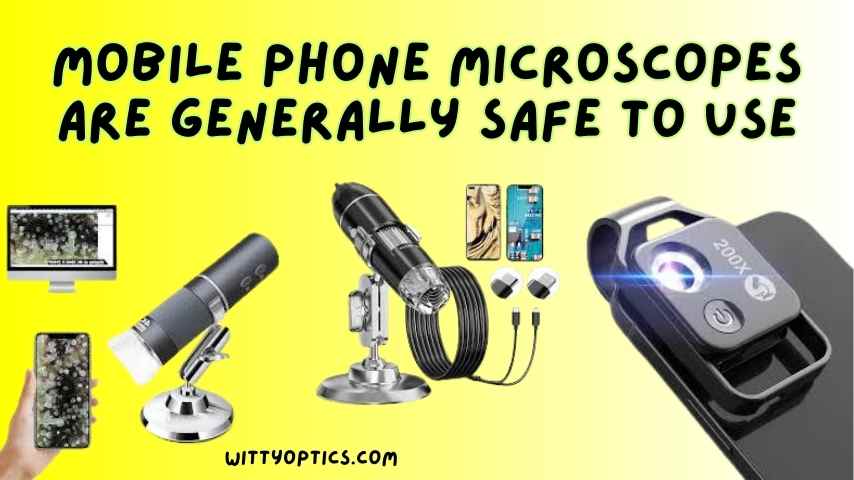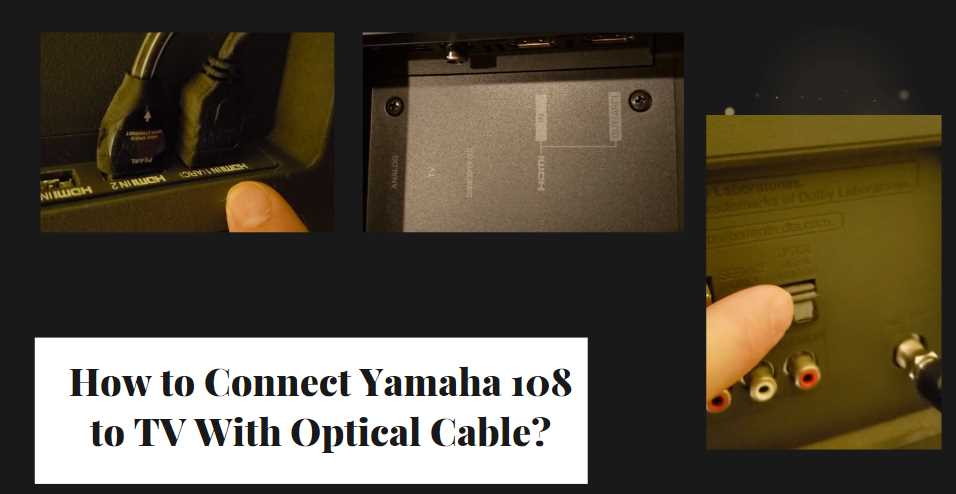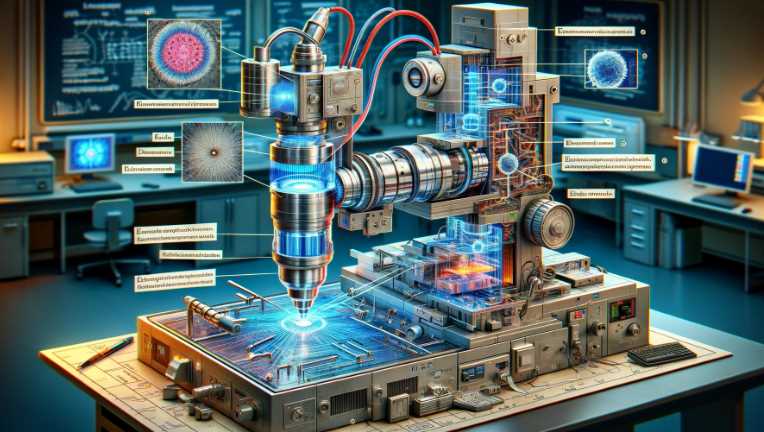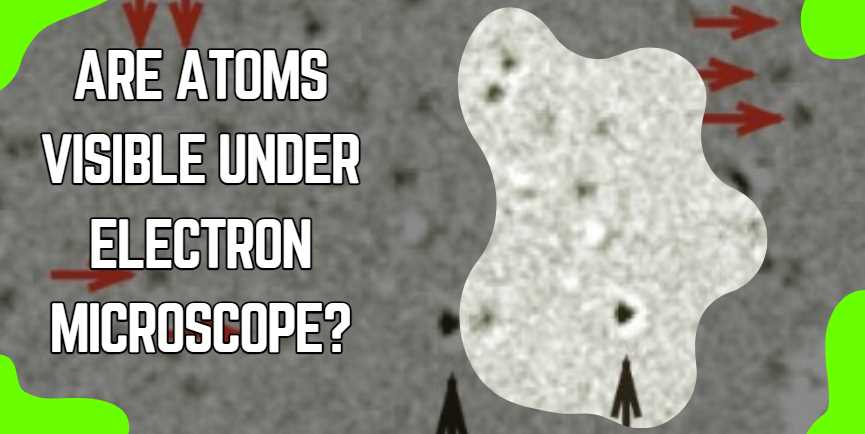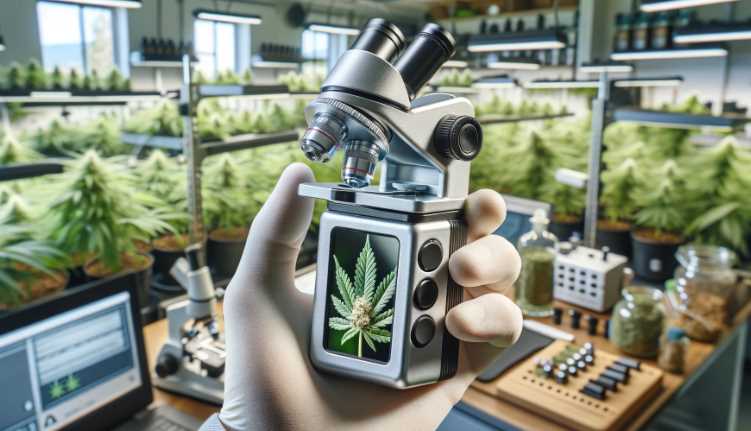What Does a Kidney Stone Look Like Under Microscope: A Microscopic Marvel
Under a microscope, a kidney stone typically appears as a crystalline structure with various shapes and sizes, such as jagged edges or smooth surfaces, depending on the composition of the stone. Kidney stones are formed from accumulating substances in the urine, such as calcium, oxalate, and phosphate. These substances can crystallize and aggregate, leading to […]
What Does a Kidney Stone Look Like Under Microscope: A Microscopic Marvel Read More »
